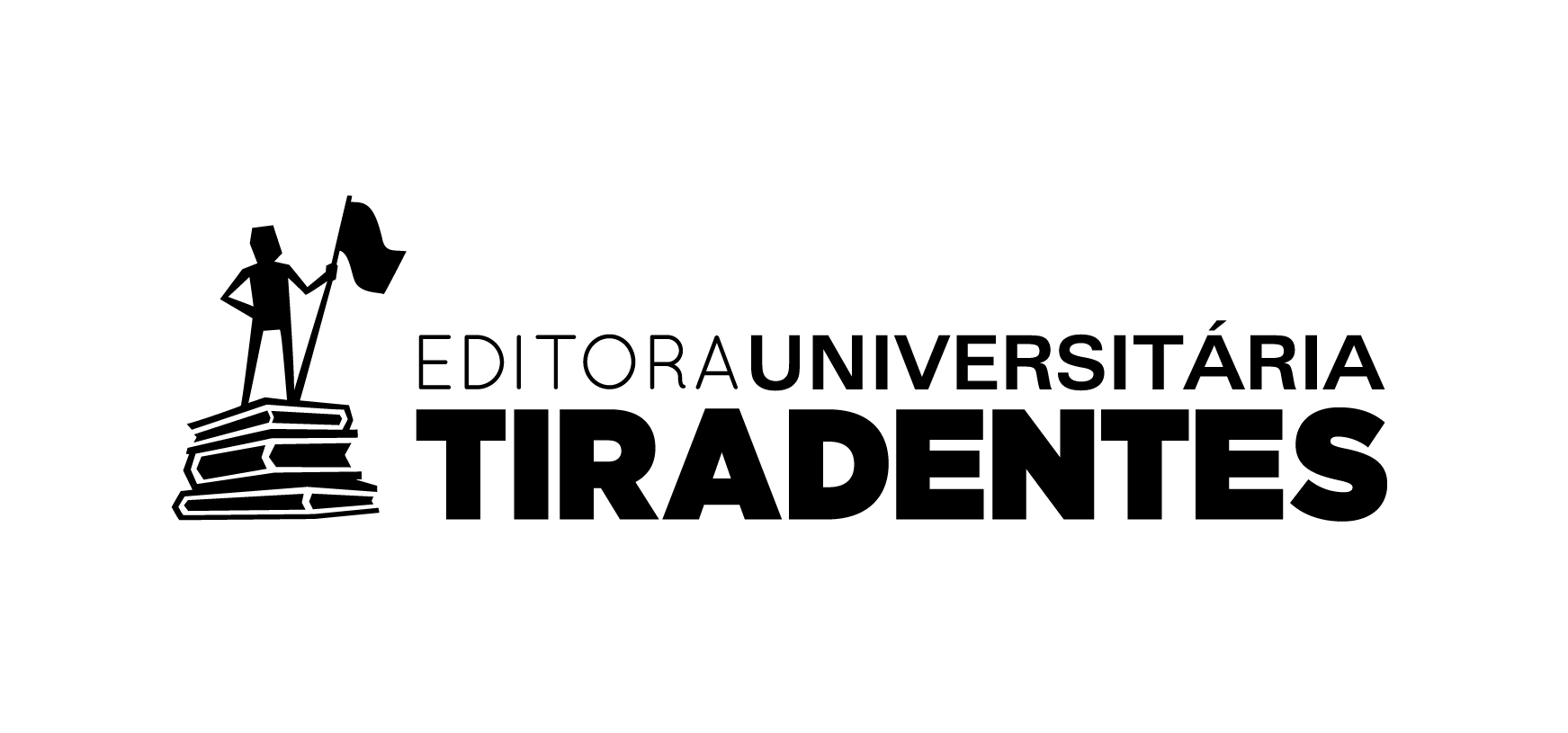BIODIREITO: REFLEXÕES PARA OS OBJETIVOS DO DESENVOLVIMENTO SUSTENTÁVEL
DOI:
https://doi.org/10.17564/2316-3143.2025v9n1p68-78Published
Downloads
Downloads
Issue
Section
License
Oferece acesso livre e imediato ao seu conteúdo, seguindo o princípio de que disponibilizar gratuitamente o conhecimento científico contribui para a democratização do saber. Assume-se que, ao submeter os originais os autores cedem os direitos de publicação para o Caderno de Graduação. O autor(a) reconhece esta como detentor(a) do direito autoral e ele autoriza seu livre uso pelos leitores, podendo ser, além de lido, baixado, copiado, distribuído e impresso, desde quando citada a fonte.Abstract
This paper aims to present and analyze the main objectives of Biolaw and Sustainable Development of the United Nations 2030 Agenda, reflecting on the Constitution of the Federative Republic of Brazil of 1988 in comparison to other Latin American Constitutions considered landmarks of the New Constitutionalism. In this paper, we highlight, in addition to the Brazilian Constitution, the Constitutions of Ecuador, Bolivia and Venezuela as instruments that enable plural sustainability, which recognize nature as a subject of law (Pachamama), multiculturalism, plurinationalism, granting them Biolaw. Regarding the methodology of this research, it is a bibliographical, qualitative research using the qualitative method, on the purposes of Sustainable Development and Biolaw. The expected results of this work are an analysis with a critical reflection on the Sustainable Development Goals of the United Nations 2030 Agenda and Biolaw , highlighting that the Latin American Constitutions state that nature, Pachamama, is considered a subject of law, as a result of the ecocentric paradigm brought by the Andean constitutionalist movement, the Ecuadorian, Venezuelan and Bolivian Constitutions.














